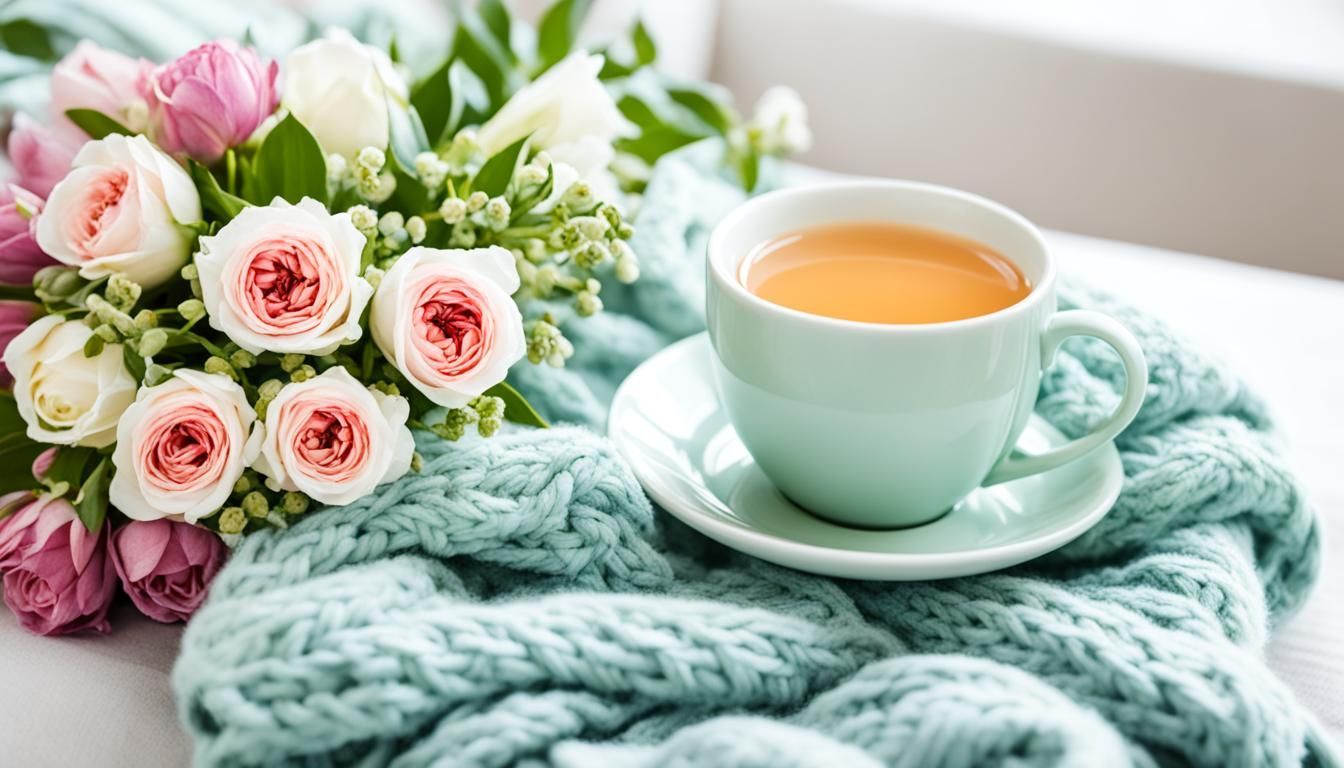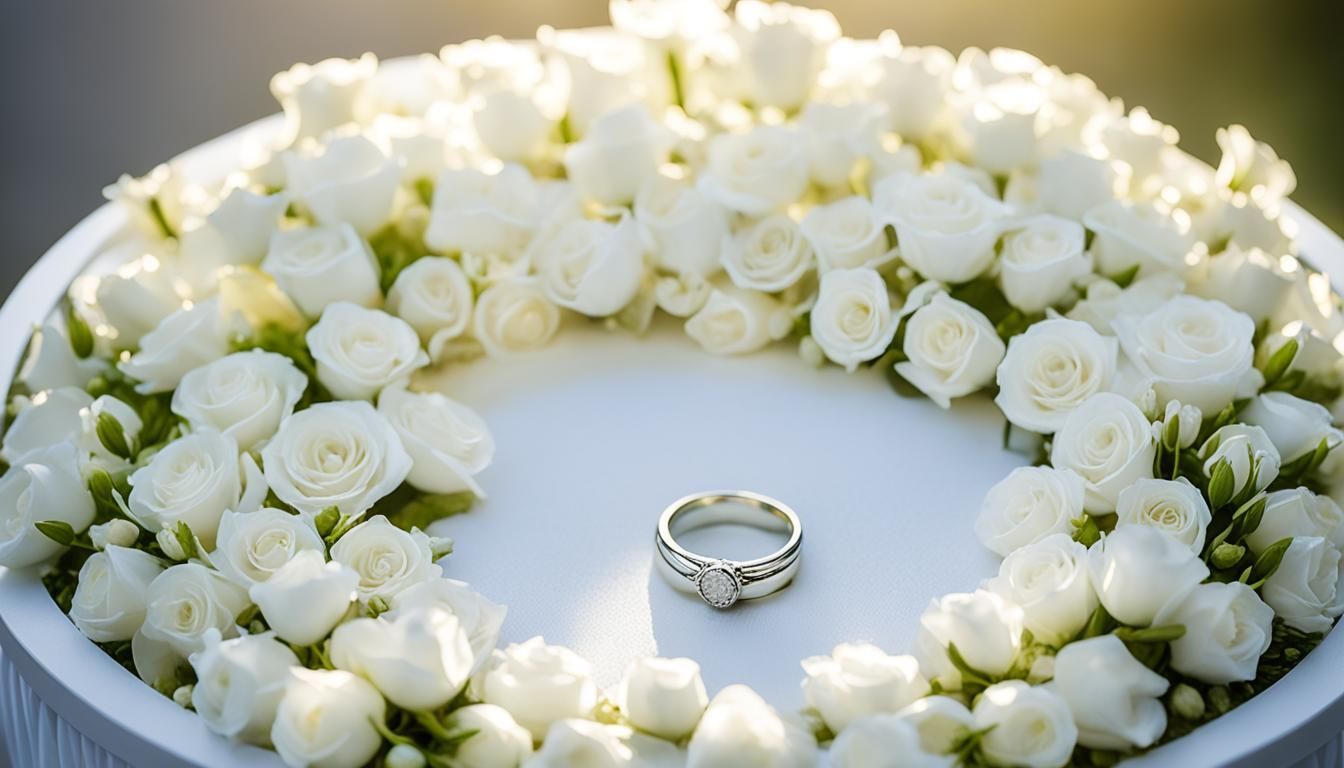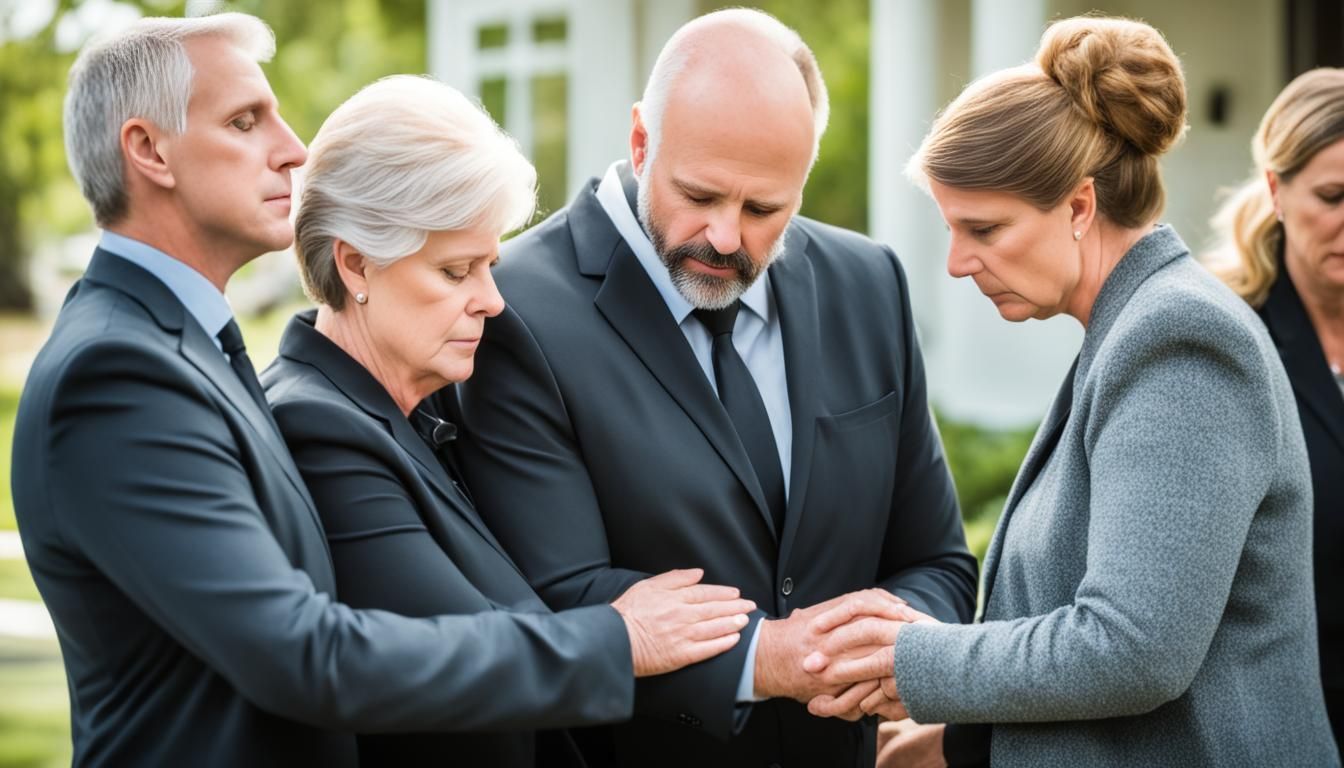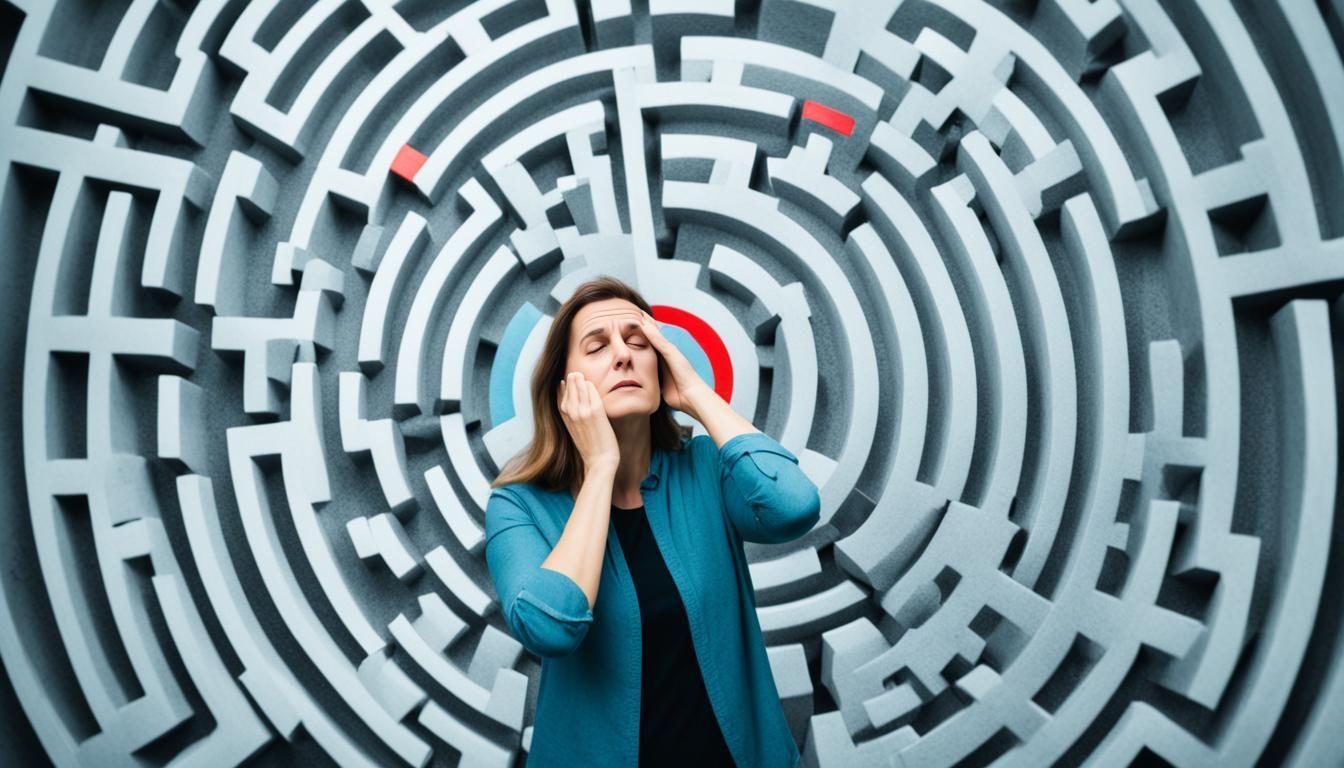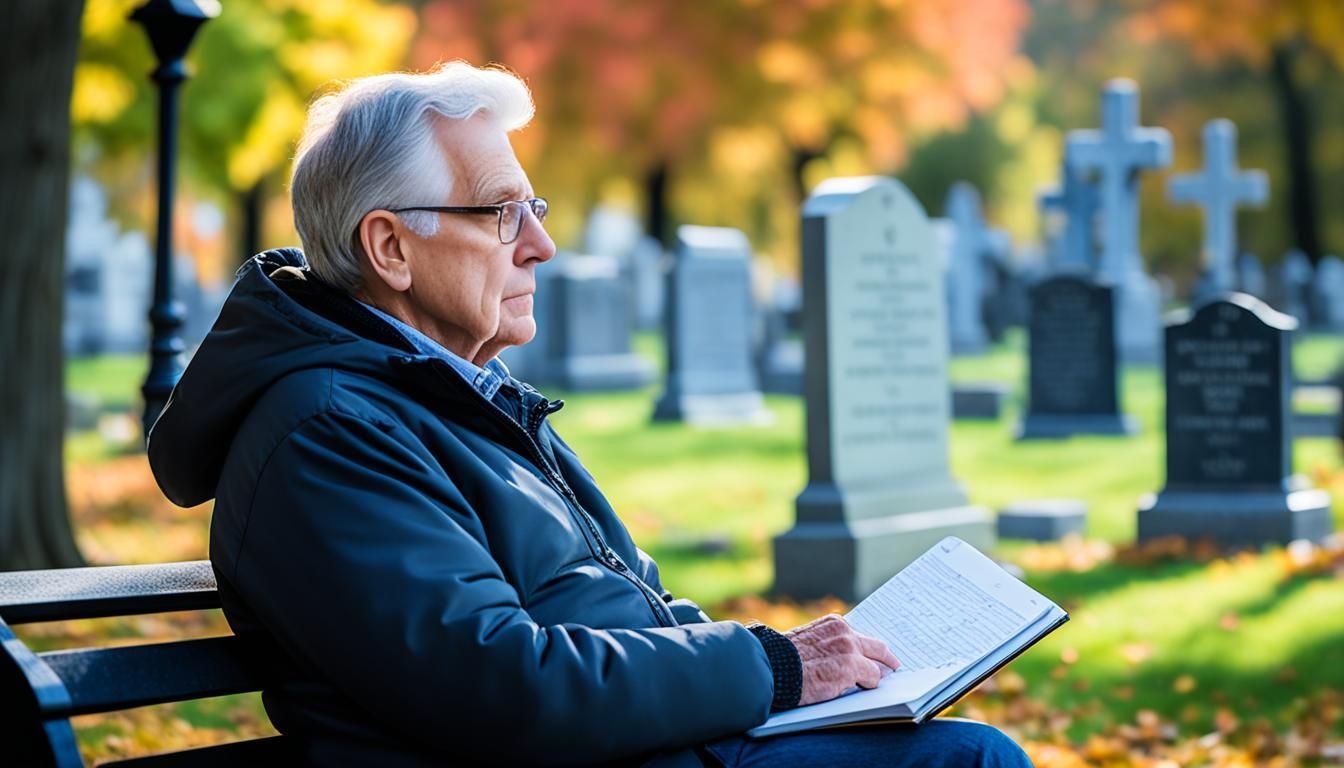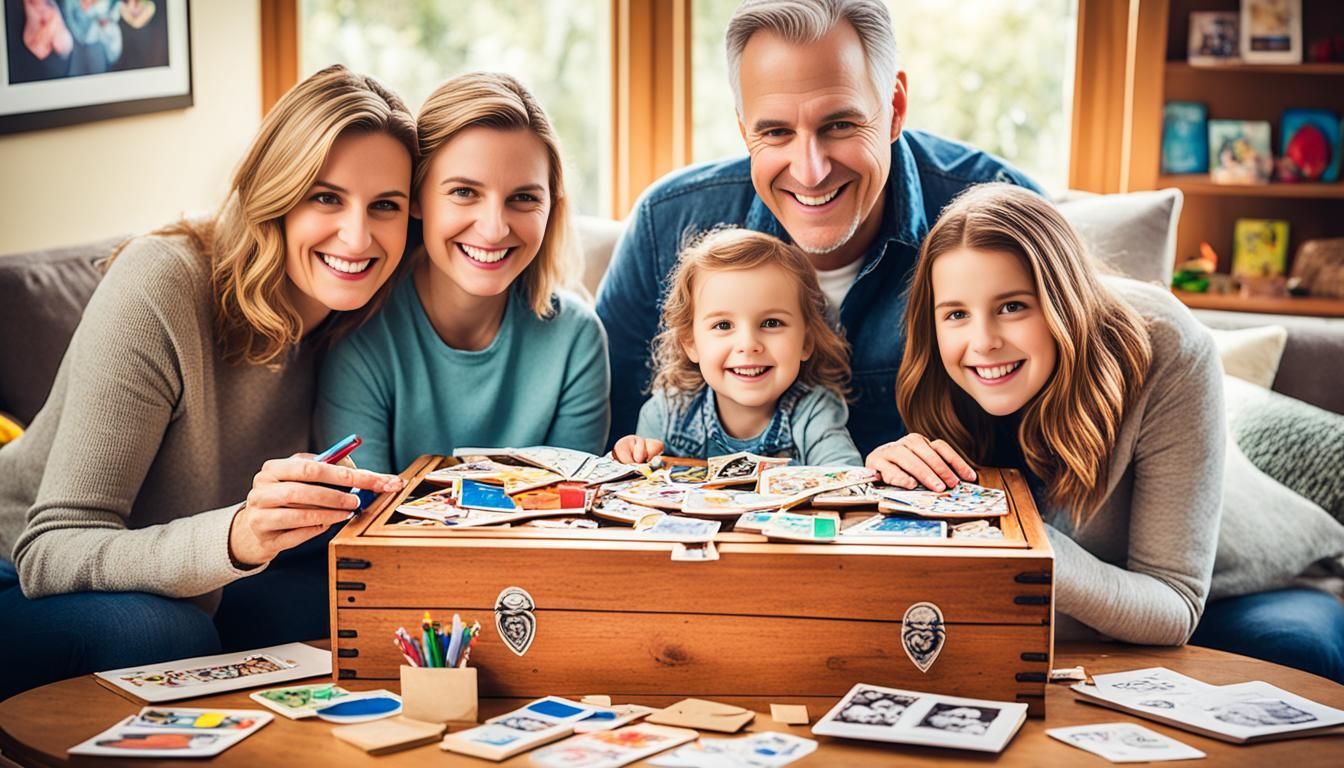What to do with a Loved One's Belongings After They're Gone
What to Do with a Loved One's Belongings After They're Gone
After a loved one passes, we're left in a silence filled with memories and things. They say time heals, but dealing with a managing deceased family member's personal effects can make time freeze. We're faced with the tough question: "What do you do with your loved one's belongings after they're gone?" Sorting through their things is hard, mixing emotions with the need to organize.
Imagine holding a sweater that still smells like them, or seeing the books that show their thoughts. Each item is part of their story. While you want to keep everything, you know you need to bring order. Sorting out deceased loved one's belongings is more than clearing space; it's a way to honor them and find your healing. Whether it's through estate planning, getting rid of their stuff, or just handling deceased loved one's possessions, each step needs thought and care.
Taking breaks is okay as you decide what keepsakes to keep. Services like Edwards Funeral Service can help make this tough time a bit easier. They help you honor your loved one while caring for yourself during this sad period.
Key Takeaways
- There's no uniform approach to managing a loved one's belongings—each journey is personal.
- Begin sorting and organizing in areas with fewer emotional connections to ease into the process.
- Prioritize items; some may need immediate attention, while others can wait.
- Allow room for emotions—taking breaks is part of the process.
- Remember that professional services like Edwards Funeral Service can offer compassionate guidance.
- Decisions made during this time should respect the deceased's memory and the bereaved's healing.
Understanding the Emotional Impact of Grieving
The journey through grief often brings us face to face with the belongings of a deceased loved one. Each item reminds us of their life and legacy. Their memories mix with our daily life as we go through this tender time.
It's important to recognize the significance of these possessions. They carry a big emotional weight.
The Connection Between Belongings and Memory
Personal effects of a loved one fill more than just spaces in our homes. They hold moments of joy, love, and shared experiences. When we handle these items, it feels like we're touching a part of the deceased.
Estate planning for deceased relative's belongings is a deeply emotional task. It requires sensitivity and patience.
Accepting the Task as Part of the Healing Process
Sorting and organizing deceased relative's belongings can help us heal. It lets us engage with our grief and honor our loved one's memory. This step in dealing with deceased loved one's estate helps us start healing.
It allows us to reflect on the importance of each item. And it helps us understand its place in our grieving journey.
When to Start the Sorting Process
Each person decides when to start organizing deceased relative's belongings differently. Some may feel ready soon after their loss. Others might need more time.
It's key to move at your own pace. Make sure the process does not overwhelm you.
| Timeframe | Action | Focus |
|---|---|---|
| Immediate | Secure and catalog all items | Safety and documentation |
| 1-3 months | Begin sorting through everyday items | Deciding what to keep or donate |
| 4-6 months | Evaluate sentimental items | Emotional readiness and remembrance |
| 6 months + | Finalize decisions on all belongings | Completion of estate planning |
Organizing deceased relative's belongings is never easy. Yet, it's often a necessary part of healing. It lets us celebrate their life and respectfully start a new chapter.
Practical Steps for Sorting Personal Effects
Dealing with a loved one's belongings after they pass is tough but meaningful. Knowing how to handle a deceased family member's personal effects is key. We will cover steps to make sorting belongings easier and respectful.
Creating a System to Organize Items
Starting with a system helps manage the overwhelming emotions. Categorize items by importance and sentimental value. Here’s how to do it:
- Essential documents and financial items.
- Items with sentimental value like photos and letters.
- Household goods and clothes to keep or donate.
This method ensures you focus on important things first.
Identifying Items of Immediate Concern
Some items need quick action. This includes legal and business documents or food. Handling these first avoids future problems in the inheritance process for deceased family member's items. Make a priority list:
| Item Type | Urgency Level |
|---|---|
| Legal Documents (e.g., Wills, Titles) | High |
| Business Documents | Medium |
| Perishables | Immediate |
Enlisting Help from Family and Friends
The task of sorting out deceased loved one's belongings is hard emotionally. Support from family and friends helps a lot. Sharing the work, based on what each person does best, lightens the load. This way, choices about belongings are made together.
Using these clear steps, sorting your loved one’s items can be less painful. It allows your family to honor their memory as you move ahead.
What to Do with a Loved One's Belongings When They're Gone
When someone we love passes away, sorting through their stuff can be really hard. It helps to start in places without much emotional connection, like the bathroom or kitchen. These areas have things that don’t bring up strong feelings. So, it's easier to decide what to do with them.
Then, you move to places that mean more, like bedrooms or the living room. Here, you'll find things that are harder to let go of. You can sort items into categories: keep, throw away, sell, donate, or not sure. This way, it's clearer what you should do next and still honor your loved one.
For special items that you can’t keep, there are creative ways to remember them. Making quilts from their clothes or framing pages from their favorite books are nice ideas. These keep their memory alive in your day-to-day life.
| Action | Item Type | Recommended Approach |
|---|---|---|
| Keep | Personal letters, Jewelry | Store safely or integrate into daily life |
| Donate | Clothing, Books | Select organizations meaningful to the deceased |
| Sell | Furniture, Art | Consider estate sale or online auction |
| Throw Away | Expired goods, Damaged items | Dispose responsibly, recycling if possible |
When it feels like there's too much, professionals can help with the sale of items. Donating is also a good option. Try to give to charities that meant something to your loved one. These choices can make letting go a bit easier.
In the end, remember to handle your loved one's belongings with care and thought. Make choices that honor their memory and help the family.
Resources and Support for the Bereaved
Dealing with the belongings of a loved one who has passed away is tough. Many resources are out there to help with estate planning, handling possessions, and managing personal effects.
Professional Services to Assist in House Clearing
Professional house clearing services are key in making these times easier. They sort, organize, and clear out belongings with respect and care.
Donation, Sale, and Disposal Options
There are many choices for items not kept by family or friends. Donating to charities such as Goodwill, The American Red Cross, or Habitat for Humanity is meaningful. Or, selling items through estate sales can be smart, especially for valuable things.
The Role of Edwards Funeral Service in Your Time of Need
Edwards Funeral Service offers essential support. They help families with sorting, disposing of, or donating a loved one's items. This extends beyond funeral arrangements to include estate planning help.
| Service | Description | Contact Information |
|---|---|---|
| Edwards Funeral Service | Comprehensive support in managing deceased family member's personal effects and other funeral-related services. | (740)-387-1188 |
| Goodwill | Donations of clothing and small household items to support job training and employment services. | Local Drop-off Points |
| Habitat for Humanity | Accepts building materials, appliances, and furniture to help build homes for those in need. | Local Chapters |
Conclusion
Managing a deceased loved one's estate is more than just dealing with their stuff. It's about healing and keeping their legacy alive. As we sort through items, we face our grief and try to find a balance. This journey is nothing straightforward—it’s filled with emotions and memories. We need to be patient and kind to ourselves and our loved one who's gone. The most important thing is to move at a pace that feels right. This allows us to handle our loved one's belongings with the care they deserve.
Handling a loved one's estate isn't just about organizing things. It's a chance to cherish the stories and emotions behind each item. Each object brings back memories and helps us honor the life that was lived. Edwards Funeral Service knows how hard this balance can be. They offer support to those dealing with the pain of loss and the challenge of moving forward. They help bridge the gap between loss and finding closure.
As we bring this discussion to a close, remember that sorting through a loved one's possessions is an important, personal step in mourning and letting go. This journey is deeply personal. Getting help from friends, family, or professionals like Edwards Funeral Service can be very helpful. It's a journey taken at our own speed, filled with moments of thinking back, peace, and love for the person we miss. It's all part of the difficult but important process of remembering and finding closure.
FAQ
How Should I Begin Managing My Deceased Family Member's Personal Effects?
Begin when you're ready, focusing on items with less emotional weight. Sort them into categories: keep, toss, sell, donate, or undecided. Tackle urgent items first.
What Is the Emotional Impact of Sorting Out a Deceased Loved One's Belongings?
Sorting can be emotional, as items remind us of the person we lost. It's a journey that helps us remember and heal. Remember to take breaks and grieve as needed.
When Is It Appropriate to Start the Sorting Process?
It's a personal choice, depending on when you feel ready. Some start when they feel emotionally prepared or when necessary.
What Steps Can I Take to Organize My Relative's Belongings After They Pass Away?
Use a systematic method to sort belongings. First tackle urgent items like financial papers. Get help from friends and family for support.
How Can I Enlist Help from Family and Friends While Sorting Through Possessions?
Ask family and friends who were close to your loved one. They can offer support and might want some items. They'll help you decide what to do with other items too.
What Are Some Creative Ways to Handle a Loved One's Possessions?
Think about repurposing things, like making a quilt from clothes or framing photos. For things you can't keep, consider estate sales or donating to charities.
Where Can I Find Resources and Support During This Difficult Time?
Look for professional help. Goodwill and The American Red Cross take donations. Local estate sale companies can sell items. Edwards Funeral Service offers more support resources.
How Can Edwards Funeral Service Assist in Managing My Loved One's Possessions?
They provide support beyond funeral arrangements, including guidance on sorting and disposing of belongings. Call them at (740)-387-1188 for advice.
What Should I Consider When Deciding to Donate, Sell, or Throw Away Items?
Think about each item's emotional value and practical use. Decide if something could be useful to others through sale or donation.
How Do I Ensure That I Am Respecting the Inheritance Process?
Talk to a legal expert about inheritance laws, and discuss with your family. This ensures you honor your loved one's wishes regarding their belongings.


